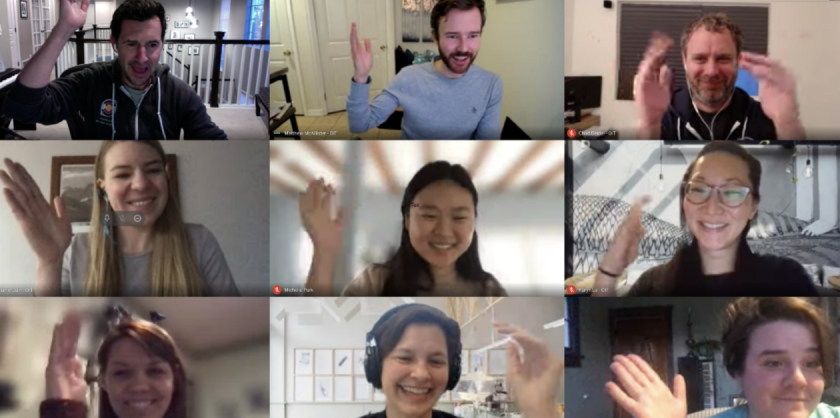Welcome to the second installment of this comprehensive annual look at global cybersecurity industry prediction reports from the top security vendors, publications and thought leaders.
-
Work on the new portal began in 2023, with the next phase scheduled for 2026. Nevada joins other states in setting up such portals for a variety of tasks, including accessing services such as unemployment benefits.
-
State governments are expected to deploy AI in 2026 with an increased focus on returns on investment as they face complex policymaking restrictions enacted by a recent executive order signed by President Donald Trump.
-
After launching a fiber-optic broadband network, Chattanooga, Tenn., has seen robust economic development and better Internet service for residents. Chico, Calif., recently broke ground on its own fiber project.
-
The federal government’s now-defunct United States Digital Service has served as an inspiration for states that are increasingly putting human experience at the center of their tech projects.
Most Read
Cybersecurity
From The Magazine
-
People are less worried about AI taking humans’ jobs than they once were, but introducing bots to the public-sector workplace has brought new questions around integration, ethics and management.
-
As governments at all levels continue to embrace new developments in artificial intelligence, cities are using automation for everything from reducing first responder paperwork to streamlined permitting.
-
Agencies report that critical IT positions remain hard to fill, but finding the right people takes more than job postings. States are expanding intern and apprentice programs to train and retain talent.
More News
-
The nonprofit believes preparing students for a digital future is less about expanding access to devices than about ensuring technology use is grounded in purpose, understanding and meaningful outcomes.
-
After transitioning from Fairfield University’s leader of enterprise systems to director of IT strategy and enterprise architecture for the state of Connecticut, Armstrong will return to higher-ed leadership in January.
-
Hartford Public Schools in Connecticut have contracted with Timely, because budget constraints and reduced staffing have made it increasingly difficult for the district to create master schedules.
-
The Osceola County Board of Commissioners approved the purchase of new portable and dual band radios at a cost of $330,552 during its meeting Dec. 16, by a vote of 5-1.
-
A collaboration between the Connecticut Department of Education and the Office of Workforce Strategy has enlisted industry partners to work with high schools on offering more than 300 Industry Recognized Credentials.
-
The debut of the agency’s online presence is expected to be followed by the activation of three core technical units including cyber threat intelligence and digital forensics. Leaders are also recruiting for key positions.
-
Lessons in digital literacy and citizenship, along with positive teacher-student relationships, may help schools combat the negative impact of online influencers on boys who struggle with loneliness or low self-esteem.
-
Given the results of school cellphone restrictions so far, some education leaders argue that overreliance on screens and devices in general is responsible for years of declines in student attention and achievement.
-
Clariti gains control of a young company bringing more artificial intelligence to plan review and code compliance. Clariti plans to pump “millions” into the CivCheck platform being piloted in the U.S. and Canada.
-
The Regional Transportation Commission of Southern Nevada is deploying more AI-powered gun detection technology at its transit centers, following the addition of more armed officers and a panic button pilot project.
Question of the Day
Editorial







































